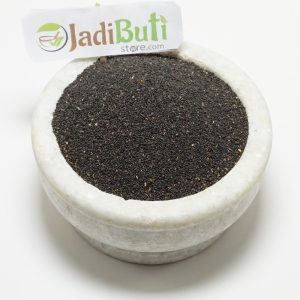O
Showing all 10 results
-
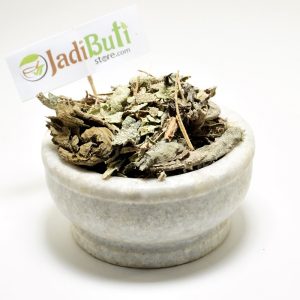
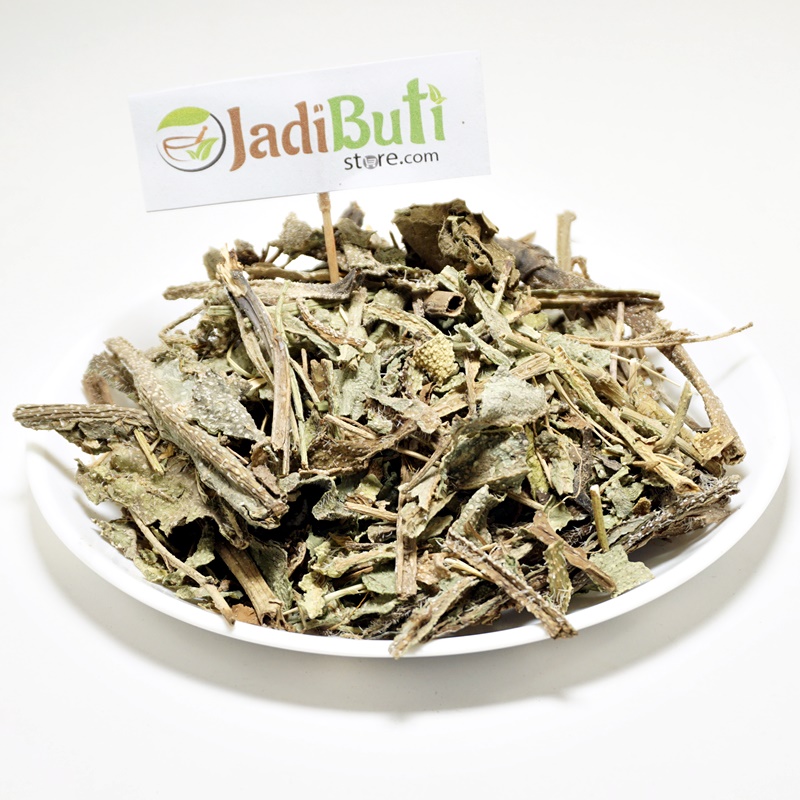
Gazwan (Gao Zaban) – गजवान – Sedge – Onosma Bracteatum
₹150.00 – ₹1,150.00Quick ViewGazwan – Onosma Bracteatum
Gazwan Herb is also known as Onosma bracteatum Wall, Gojihva, Gaozaban. It can be found in the Asia, Europe and Mediterranean regions. It is widely used as a Ayurveda herb that can cure pulmonary infections, Kidney Stones and Kidney Disease. Gazwan contains potassium, calcium and other minerals, which give the herb its pharmacological properties. As an expectorant, it also cures the symptoms of the common cough and bronchitis.
Onosma bracteatum is known by several common names in different regions, including:
- Golden Rain: This is a reference to the plant’s bright yellow flowers that bloom in clusters, resembling a rain of golden light.
- Bhrinjvan: This is a Sanskrit name used in traditional Ayurvedic medicine.
- Gokharu: This is a common name used in India.
- Sonapatha: This is a Bengali name used in East India.
Deccan Pennywort: This name is used in reference to the plant’s distribution in the Deccan Plateau region of India.
-


Pyaj Beej – प्याज बीज – Onion Seed – Allium cepa
₹90.00 – ₹690.00Quick ViewName Allium cepa seed Other Names Onion seed, Pyaj ka beej (Hindi) Rasa (Taste) Pungent, Bitter, Astringent, Sweet Virya (Energy) Heating Vipaka (Post-Digestive Effect) Sweet Guna (Qualities) Light, Dry Health Benefits – Stimulates digestion and improves appetite.
-Helps relieve respiratory conditions like cough and asthma.
– Reduces inflammation and pain in the body.
– Prevents infections and promotes healing.
– Helps strengthen the immune system.
– Has antibacterial properties that prevent and treat skin infections.Parts Used Seeds -
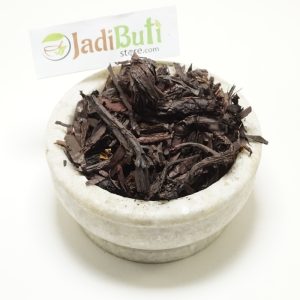
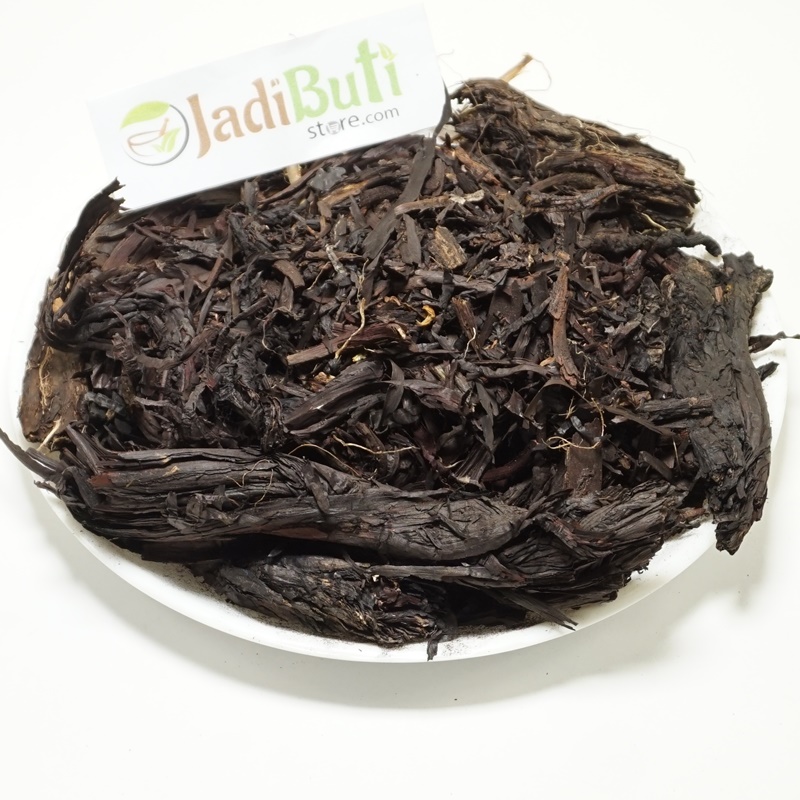
Ratanjot – रतनजोत – Alkanet – Onosma echioides
₹210.00 – ₹1,740.00Quick ViewName: Ratanjot (Alkanet root or Alkanna tinctoria)
Uses: Ratanjot is a medicinal herb commonly used in Ayurvedic medicine. It is believed to have anti-inflammatory, analgesic, antimicrobial, and hepatoprotective properties. Ratanjot has been traditionally used to treat various conditions, including skin inflammation, digestive disorders, respiratory conditions, and wound healing. It may also help support cardiovascular health and have anti-cancer and anti-aging properties.
Precautions: Ratanjot should always be used under the guidance of a qualified Ayurvedic practitioner, as it can interact with certain medications and may not be safe for everyone to use. Pregnant and breastfeeding women should avoid using Ratanjot. Additionally, it may cause allergic reactions in some people.
Forms: Ratanjot is available in various forms, including dried roots, powder, capsules, and oil.
Scientific evidence: While Ratanjot has been used for medicinal purposes for centuries, more research is needed to fully understand its effects on human health. However, some studies have shown that Ratanjot contains compounds that have anti-inflammatory, antioxidant, and anti-cancer properties.
-

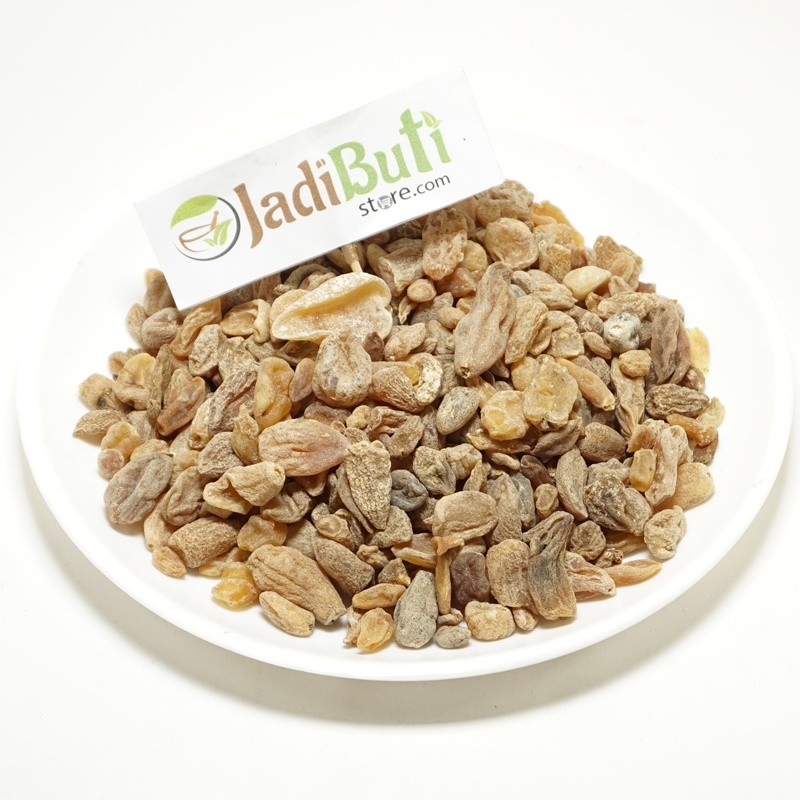 SOLD OUT
SOLD OUTSalab mishri – सालब मिश्री – Salep Orchid – Orchis latifolia
₹1,100.00 – ₹22,200.00Quick ViewSalab mishri is known in Ayurveda for its aphrodisiac properties and is used to improve sexual health and performance. Additionally, it is believed to have the following Ayurvedic properties:
- Vata balancing: Salab mishri is said to have a balancing effect on the Vata dosha, which is responsible for bodily movement and nervous system function.
- Pitta cooling: It is also believed to have a cooling effect on the Pitta dosha, which regulates digestion, metabolism, and energy production.
- Kapha stimulating: Salab mishri is thought to have a stimulating effect on the Kapha dosha, which is responsible for stability, lubrication, and immunity.
- Digestive stimulant: Salab mishri is used in Ayurveda to stimulate digestion and improve appetite.
- Respiratory tonic: It is also believed to have a toning effect on the respiratory system, helping to alleviate conditions such as asthma and bronchitis.
Overall, Salab mishri is considered to be a valuable herb in Ayurveda due to its various medicinal properties and its ability to support overall health and wellbeing.
-
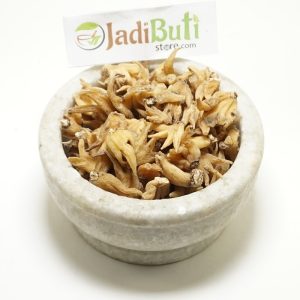

Salab Panja – सालब पंजा – Salep Orchid – Orchis latifolia
₹1,400.00 – ₹22,200.00Quick ViewSalab Panja – सालब पंजा – Salep Orchid – Orchis latifolia.
Ayurvedic classification and properties of Orchis latifolia:
Ayurvedic Classification Description Sanskrit Name Salabpunja (सालबपंजा) English Name Salep Orchid Botanical Name Orchis latifolia Family Orchidaceae Parts Used Tubers, roots Taste (Rasa) Sweet (Madhura) Energy (Virya) Cooling (Sheet Virya) Post-Digestive Effect (Vipaka) Sweet (Madhura) Dosha Effect Balances Pitta and Kapha doshas, may aggravate Vata dosha in excess Tissue (Dhatu) Affinity Reproductive tissue (Shukra dhatu) Channel (Srotas) Affinity Reproductive, urinary, and respiratory system Action (Karma) Aphrodisiac, nutritive, demulcent, diuretic, expectorant Active compounds and benefits found in Orchis latifolia (Salab panja) :
Active Compound Benefits Flavonoids Antioxidant, anti-inflammatory, and anti-cancer properties Tannins Anti-inflammatory, antimicrobial, and astringent properties Phenolic compounds Antioxidant and anti-inflammatory properties Glycosides Cardiotonic, diuretic, and anti-inflammatory properties Alkaloids Analgesic and anti-inflammatory properties Saponins Anti-inflammatory, antifungal, and antibacterial properties Terpenoids Antioxidant, anti-inflammatory, and anticancer properties Starch Provides energy and supports digestion -

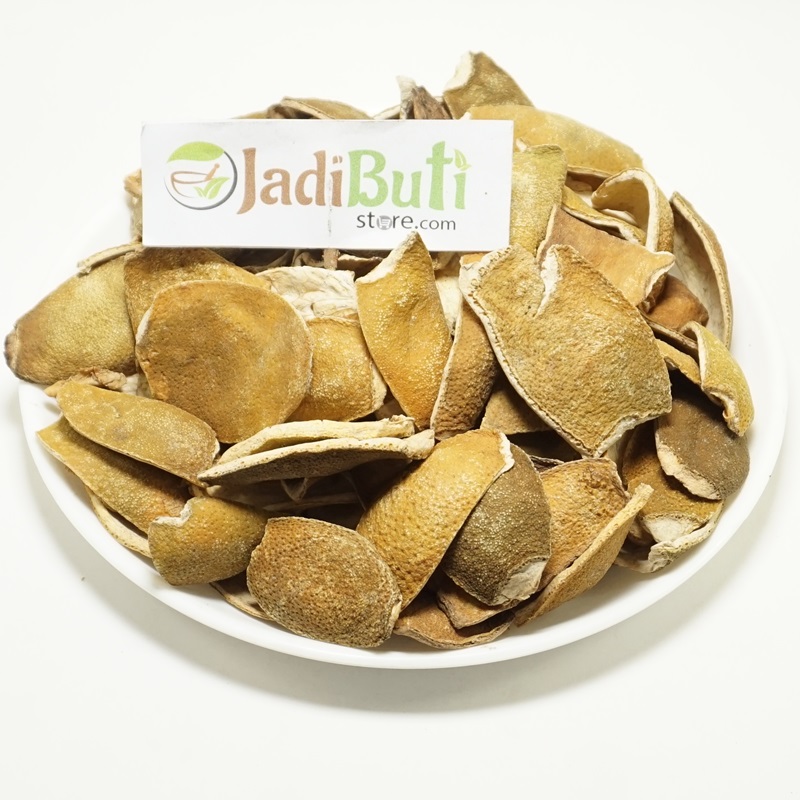
santra chilka – संतरा छिलका – Orange Peel – Citrus aurantium
₹100.00 – ₹800.00Quick ViewOrange peel refers to the outer, colored skin of oranges, which is typically removed and discarded before eating the fruit. However, orange peel has been used for centuries in traditional medicine systems like Ayurveda, as it is rich in beneficial plant compounds.
Here are some Ayurvedic properties and health benefits associated with orange peel:
Ayurvedic Properties:
- Rasa (taste): Bitter (tikta), Astringent (kashaya), Pungent (katu)
- Virya (energy): Cooling (shita)
- Vipaka (post-digestive effect): Pungent (katu)
- Doshas (constitutions): Balances Kapha and Pitta, aggravates Vata in excess.
Health Benefits:
- Digestive health: Orange peel is believed to stimulate digestion, relieve indigestion, and reduce bloating and gas.
- Immune system health: Orange peel is rich in vitamin C, which can help to support the immune system and protect against infections.
- Respiratory health: Orange peel is believed to have expectorant properties, which can help to relieve respiratory congestion and promote the elimination of mucus from the lungs.
- Skin health: Orange peel is often used in Ayurvedic preparations for skin health, as it is believed to have anti-inflammatory and wound-healing properties.
- Anti-inflammatory properties: Orange peel is believed to have anti-inflammatory properties, which can help to reduce inflammation and pain in the body.
- Antioxidant properties: Orange peel contains flavonoids and other antioxidants, which can help to protect the body against damage from free radicals.
It is important to note that more scientific research is needed to validate these benefits and to determine the safety and effectiveness of orange peel for these uses. It is also recommended to use organic oranges when using the peel, to avoid ingesting pesticides or other harmful chemicals.
-


Tukmaria Sabja Seeds – तुकमारिआ मोटा – Ocimum Basilicum – Tukhmishra
₹110.00 – ₹875.00Quick ViewSabja Seeds (Tukmaria or Basil Seeds)
Scientific name : Ocimum Basilicum
Ayurvedic Properties:
Property Description Rasa (taste) Sweet, Bitter Virya (energy) Cooling Vipaka Sweet Guna (quality) Light, Dry Dosha Balances Pitta and Kapha, aggravates Vata
.Active Compounds Benefits Omega-3 fatty acids Reduces inflammation, supports heart health Fiber Promotes digestive health, helps control appetite Flavonoids Anti-inflammatory, antioxidant, and anticancer properties Calcium Supports bone health, muscle function, and nerve transmission Iron Helps prevent anemia, supports immune system Magnesium Helps regulate blood sugar and blood pressure, supports nerve and muscle function Potassium Helps regulate fluid balance, supports heart health -
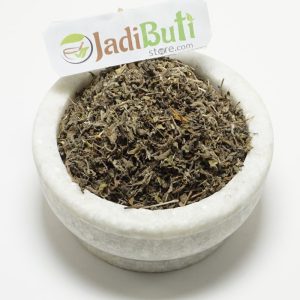
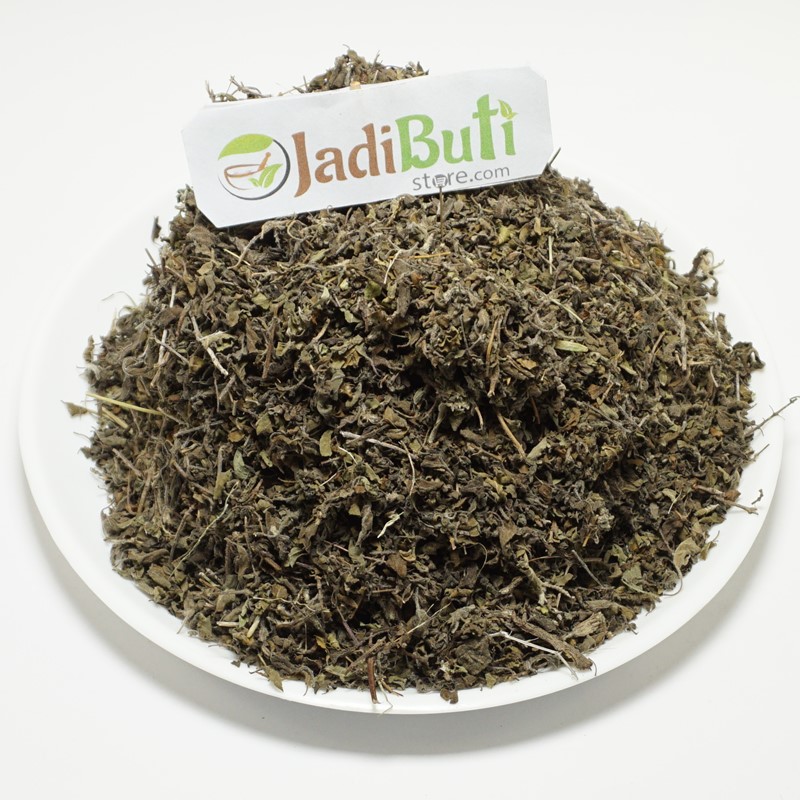
Tulsi patta – तुलसी पत्ता – holy basil – Ocimum sanctum
₹80.00 – ₹850.00Quick ViewHoly Basil (Tulsi in Ayurveda), Scientific Name: Ocimum sanctum, Family: Lamiaceae
Parts Used: Leaves, stem, flowers, seeds (These are Tulsi Leaves)
Ayurvedic Properties:
- Rasa (taste): Pungent, bitter
- Guna (quality): Light, dry
- Virya (potency): Heating
- Vipaka (post-digestive effect): Pungent
- Doshas: Pacifies Kapha and Vata doshas, but may aggravate Pitta dosha in excess
Ayurvedic Uses:
- Supports respiratory health
- Promotes healthy digestion
- Helps manage stress and anxiety
- Boosts immunity
- Helps to regulate blood sugar levels
- Supports liver function
- Promotes healthy skin
- Helps to manage fever
- Acts as a natural insect repellent
-


Tulsi Seed – तुलसी बीज – basil seed – Ocimum sanctum
₹130.00 – ₹995.00Quick View- Derived from the sacred tulsi plant
- Cooling effect on the body
- Improves digestive health
- Improves respiratory health
- Boosts immunity
- Reduces stress and anxiety
- Promotes skin health
- Has anti-inflammatory properties
- Beneficial for cardiovascular health
- Has anti-cancer properties
- Promotes oral health
- Helps to balance hormones
- Improves brain health
Tulsi Beej is a versatile and beneficial herb that can be consumed in various ways such as tea, infusion, or supplement form. It is commonly used in Ayurvedic medicine to treat a wide range of health conditions. However, it is important to consult a qualified healthcare practitioner before using Tulsi Beej or any other herbal remedy for medicinal purposes.

